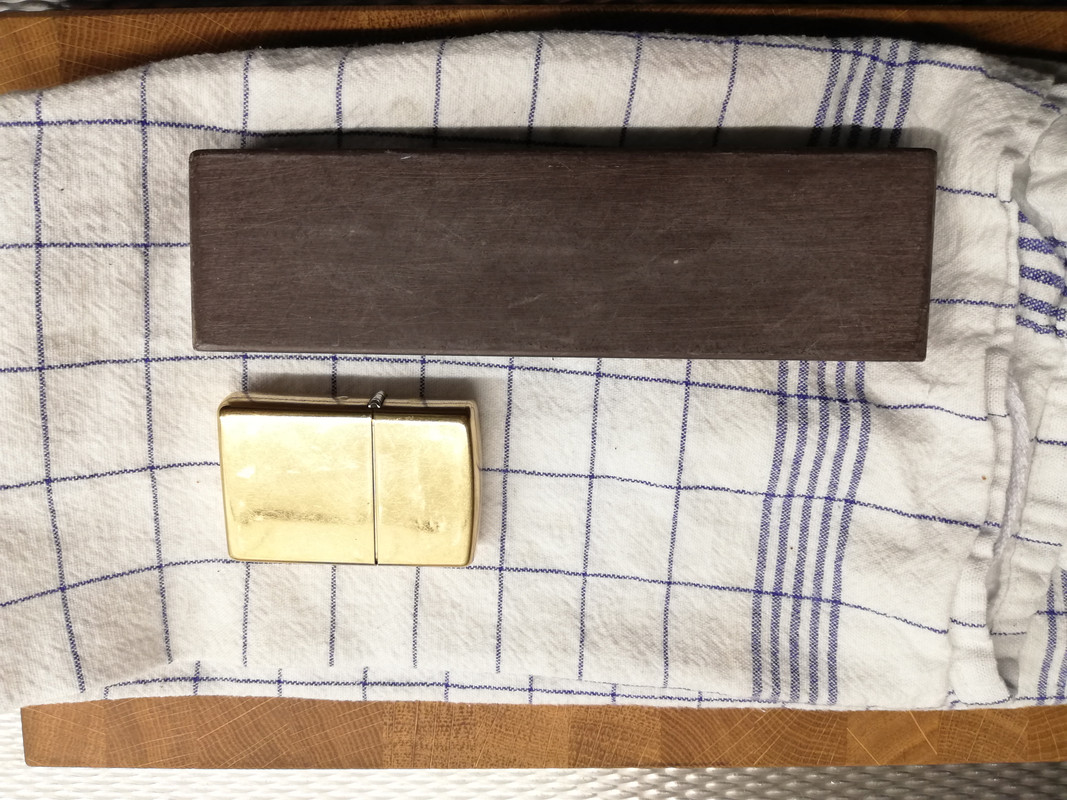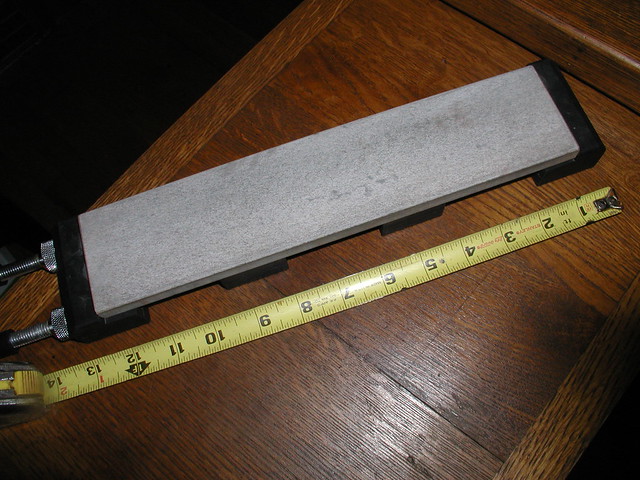Hi guys
I am thinking of buying some jnats but with a limited budget i need to choose one of the following:
1. Hyderiama suita 8k medium hard
2. Atagoyama 6-8k medium hard big
3. Shobu suita 8k medium hard
I want to use it as a finisher stone(awasedo) for my carbon knives.
Also I am thinking about an itermediate Mizukihara 4-6k medium hard
If any of you have experience with any of these stones pros and cons please let me know.
I am thinking of buying some jnats but with a limited budget i need to choose one of the following:
1. Hyderiama suita 8k medium hard
2. Atagoyama 6-8k medium hard big
3. Shobu suita 8k medium hard
I want to use it as a finisher stone(awasedo) for my carbon knives.
Also I am thinking about an itermediate Mizukihara 4-6k medium hard
If any of you have experience with any of these stones pros and cons please let me know.






